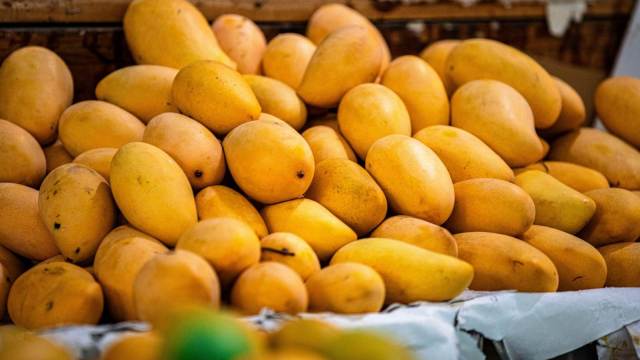Anonna Dutt is a Principal Correspondent who writes primarily on health at the Indian Express. She reports on myriad topics ranging from the growing burden of non-communicable diseases such as diabetes and hypertension to the problems with pervasive infectious conditions. She reported on the government’s management of the Covid-19 pandemic and closely followed the vaccination programme. Her stories have resulted in the city government investing in high-end tests for the poor and acknowledging errors in their official reports. Dutt also takes a keen interest in the country’s space programme and has written on key missions like Chandrayaan 2 and 3, Aditya L1, and Gaganyaan. She was among the first batch of eleven media fellows with RBM Partnership to End Malaria. She was also selected to participate in the short-term programme on early childhood reporting at Columbia University’s Dart Centre. Dutt has a Bachelor’s Degree from the Symbiosis Institute of Media and Communication, Pune and a PG Diploma from the Asian College of Journalism, Chennai. She started her reporting career with the Hindustan Times. When not at work, she tries to appease the Duolingo owl with her French skills and sometimes takes to the dance floor. ... Read More
No ripening mangoes with calcium carbide: How FSSAI crackdown can keep your fruits safe
The presence of chemicals in godowns or next to the fruits will be considered as circumstantial evidence under Food Safety Act
 Some fruits continue to ripen even after harvesting such as mangoes, bananas, apples, pears, peaches among others. (Photo: Pixabay/SwidaAlba)
Some fruits continue to ripen even after harvesting such as mangoes, bananas, apples, pears, peaches among others. (Photo: Pixabay/SwidaAlba)With the mango season in full swing — and reports of the fruit being artificially ripened using carcinogenic chemicals such as calcium carbide — the Food Safety and Standards Authority of India (FSSAI) has asked states to intensify inspections and take action against such practices.
What has the FSSAI said?
The food safety regulator has asked state food safety commissioners and its regional directors to maintain vigil over fruit markets and carry out inspections in godowns and storage facilities. The presence of chemicals such as calcium carbide on the premises or next to the fruits will be considered as circumstantial evidence and the trader will be prosecuted under the Food Safety and Standards Act.
The regulator has emphasised that even permitted ripening agents should be used as per the protocol, failing which the vendor has to face strict penal action.
Why are fruits ripened?
While the food safety authority maintains that natural ripening of fruits is optimum for providing all essential nutrients, it does not completely ban artificial ripening. That’s because some fruits continue to ripen even after harvesting such as mangoes, bananas, apples, pears, peaches among others. That’s why they cannot be stored and transported after ripening as they tend to spoil. This is the reason traders of these fruits generally harvest them raw and ripen them artificially at the destination market before sale.
Artificial ripening — where the biochemical changes can be controlled to achieve the right colour, sugar content, acidity, texture and aroma — results in higher consumer acceptance and sale, according to FSSAI.
Which ripening agents are allowed, which aren’t?
Considering the rampant use of the more harmful calcium carbide, which generates acetylene gas, the use of an alternative ethylene gas was allowed by the FSSAI in 2016. Ethylene gas is a natural plant hormone and does not pose risk to human health.
The food safety authority, however, cited examples of bananas being ripened, against protocol, by dipping them in ethephon — an agent used to generate ethylene gas. Strict guidelines have to be followed even for the use of ethylene gas.
Calcium carbide and the acetylene gas it produces, on the other hand, can be harmful for those working in the facilities as well as the consumers.
How do ripening agents harm your health?
An FSSAI guidance document on fruit ripening says that these chemicals can cause dizziness, frequent thirst, irritation, difficulty swallowing, vomiting, and skin ulcers. Calcium carbide also contains traces of arsenic and phosphorus which may remain as residues on fruits.
What do fruit sellers have to do?
While using safer alternatives, fruit traders have to take precautions to ensure that the chemicals do not come in direct contact with the fruit, the room being used for ripening remains air tight, temperature and humidity gets regulated through proper air circulation and ventilation, and an ethylene gas generation system with assured power supply.
What should you do?
Avoid fruits with black blotches on the skin as they are likely to have been ripened using the harmful acetylene gas. The FSSAI also advises that fruits should be purchased only from trusted or reputed vendors. Once purchased, they should be thoroughly washed in running potable water.





- 01
- 02
- 03
- 04
- 05



























